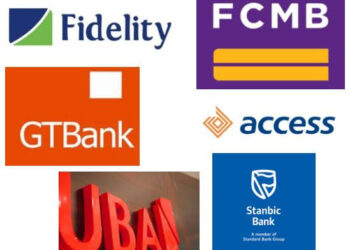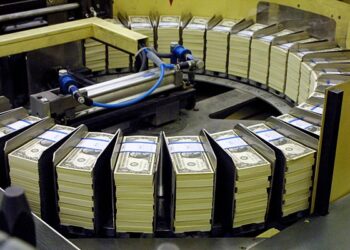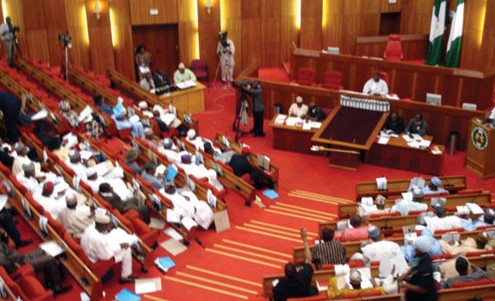However, in the banks’ reasoning, the exercise will enable them to serve their customers better, by reminding them to note the rules when applying for FX for Personal and Business Travel.
In their sms to the public, they argue that the action is
in line with the Central Bank of Nigeria’s policy to improve access to foreign exchange (FX) for legitimate transactions.
Part of the message sent out by one of the banks reads:
“We are committed to providing you with foreign exchange for your Personal and Business Travel as well as payment for overseas Education, Medical and other eligible invisible transactions.
As our valued customer, you have a role to play to ensure the success and integrity of the policy.
FX Shall be Sold for Legitimate Travel Purpose Only: Always have a clear intention and legitimate purpose to travel. You are required to provide a valid Nigerian passport and a valid visa to an international destination.
“Only Valid Travel Documents Shall be Accepted: Your ticket must be to an international destination outside of West Africa and Cameroun. You are required to provide an international return ticket, with a travel date not more than 14 days from the date of PTA/BTA purchase.
You Can Only Apply for PTA/BTA Once in a Quarter: PTA and BTA requests are limited to a maximum of $4,000 and $5,000 per quarter per applicant respectively.
“Unutilized PTA/BTA: You are required to return purchased PTA/BTA to the bank within two (2) weeks from the date of purchase if not utilized for the intended purpose or if for any reason the scheduled trip is cancelled.
” Application on Behalf of a Third Party is not Allowed: Do not Apply on Behalf of a Third Party. FX will only be sold directly to applicants who shall be Nigerians who are 18 years and above and have a valid Bank Verification Number (BVN).
” False Application and Use of Fake Documents Prohibited: False application and use of fake documents to purchase PTA/BTA is strictly prohibited and is a financial crime punishable under the applicable laws in Nigeria.
Defaulters of this FX policy may face sanctions that include being barred from accessing FX from the official FX market in the future, restrictions on their bank accounts for such periods as may be determined by the CBN as well as possible criminal prosecution.
“Please note that our bank is committed to partnering with the CBN to ensure a transparent, efficient and stable FX Market that meets the needs of all legitimate users.“
However, analysts are worried as to whether the new policy would not produce “wonder banks and wizkid, go-getter bankers“, as witnessed in the nineties, where some banks were involved in roundtripping as FX transactions became the major trading concerns of the banks basically led by emerging ‘young bankers’ then, who were basically living on arbitrage from foreign exchange transactions.
The current fear is as a result of CBN’s perceived supervisory laxity or incompetence and economic instability typified by policy summersault and multiple exchange rates.
For instance, Bismarck Rewane of the Financial Derivatives Company (FDC) in the Economic Monthly Publication for August 20, observed that he expects the CBN’s increase in forex supply to commercial banks to support the exchange
rate for invisibles in the near term and ultimately, close the gap between the parallel and official rates. Similarly, we expect the $3.35bn IMF SDR allocation to
increase the external reserves level to about $37bn and support the CBN’s intervention in the forex market.
The Nigerian forex market, according to the publication, is segmented with multiple exchange rates. The most important rate being the Inves-
tors and Exporters window (IEFX). No less than 55%-60% of Nigerian forex transactions are traded at this window.
Consequently, at the parallel market, the naira depreciated by 0.59% to N515/$ at the end of the first fort-night in August. This was driven by speculative buying, following the CBN’s discontinuation of
forex sales to BDCs.
“Nigerian economy is still reeling from multiple challenges in spite of the welcome news of a slide in the rate of inflation and the passage of the PIA” according Rewane.













